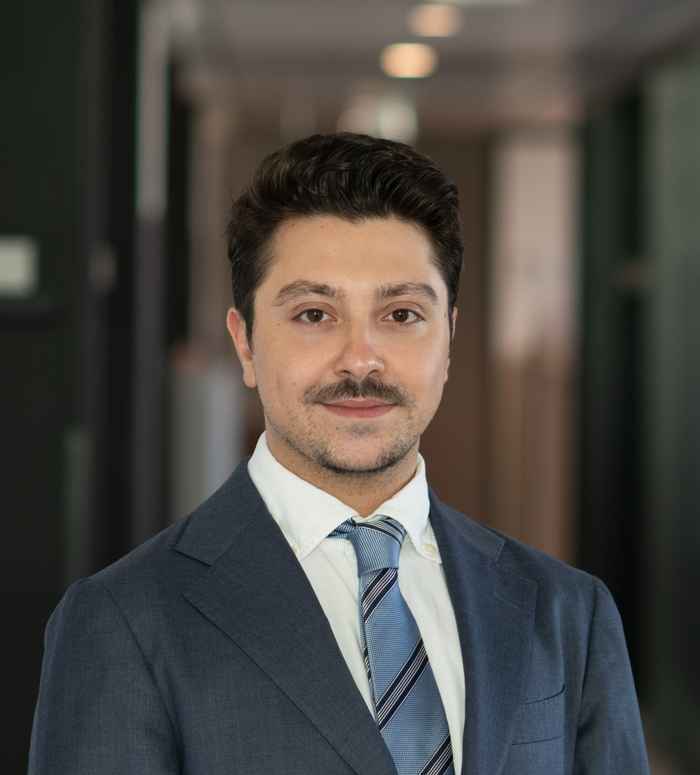Who are we
Meet our students

Helena Lindemann (Germany), Master's student ITIL
'Choosing the International Trade and Investment Law Master’s at the University of Amsterdam was one of the best decisions I’ve made. The program is engaging, dynamic, and truly equips you with the skills needed for a successful career. From the very beginning, I was drawn in by the thought-provoking lectures and the opportunity to take part in moot courts and specialized course modules, allowing me to tailor my studies to my interests.
While the program provides a strong foundation in both international trade and international arbitration law, you will also have the opportunity to specialize in the area that aligns best with your goals. In an era of ever-changing international political dynamics, understanding the legal frameworks that shape globalization has never been more important.
What really stood out to me was the passion and expertise of the lecturers. They challenge you to think critically, articulate your ideas clearly, and approach complex legal issues with confidence. The interactive nature of the courses makes learning exciting and pushes you to grow both academically and professionally.
Looking back, I can say that this program played a huge role in shaping my career. It gave me the skills and knowledge that I now apply daily in my work at the United Nations. For anyone considering an international career, I can’t recommend this master’s program enough.'

Anthony Al Nouar, Master's student ITIL
Studying Public International Law at the undergraduate level sparked my interest in the tangible impact of global trade and investment flows on developing countries such as my own home state Lebanon. This curiosity led me to look into the International Trade and Investment Law (ITIL) LLM at the UvA — an experience that ultimately exceeded my expectations in every imaginable way.
The course structure struck a perfect balance between theory and practice, as well as between the trade and investment law tracks. With modules thoughtfully designed to cover longstanding principles of economic law, contemporary challenges, and uncharted territories alike, the ITIL LLM prepared me thoroughly for the legal career I am now pursuing and stimulated my curiosity and critical approach to the issues tackled. Another highlight of the program was the outstanding faculty, composed of highly regarded specialists whose vast experience translated into invaluable insights throughout the courses.
Beyond academics, the program offered numerous opportunities for practical engagement, including moot courts, stellar research facilities, guest lectures from industry professionals, and a diverse cohort enriched by distinct global perspectives.
The ITIL LLM at the UvA is undoubtedly at the forefront of scholarly developments in economic law, and I cannot overstate how much it has magnified my passion for the field.”
Meet our staff

Dhr. dr. Geraldo Vidigal
Academic coordinator of International Trade and Investment
‘In this LLM, our students learn to understand, evaluate and operate in the rules and institutions that underpin the global economy, affecting not only governments but all those that engage in economic activity anywhere. Besides learning legal rules, in their papers and Master’s theses students are encouraged to reflect upon specific aspects of the legal system governing international economic relations. They go on to work not only for law firms, but also for the states, international organizations, companies and NGOs that operate and help shape the global legal environment in which economic exchanges take place today.’

Dhr. dr. James Mathis
Associate professor in the Department of International Law
‘This track is dedicated to international economic law, the international legal rules of conduct that govern the economic relations for states and regions. Our graduates work for states, international or regional organisations or law firms dealing with international trade or investment law. The nature of the study lends itself to connections with international economics and politics. I am an Associate Professor in the Department of International Law and I obtained my law degree in the US and my PhD in Amsterdam. My primary fields of interest include regional trade agreements and international competition law. I have also served as a consultant for regional trading groups as well as for international organisations.’